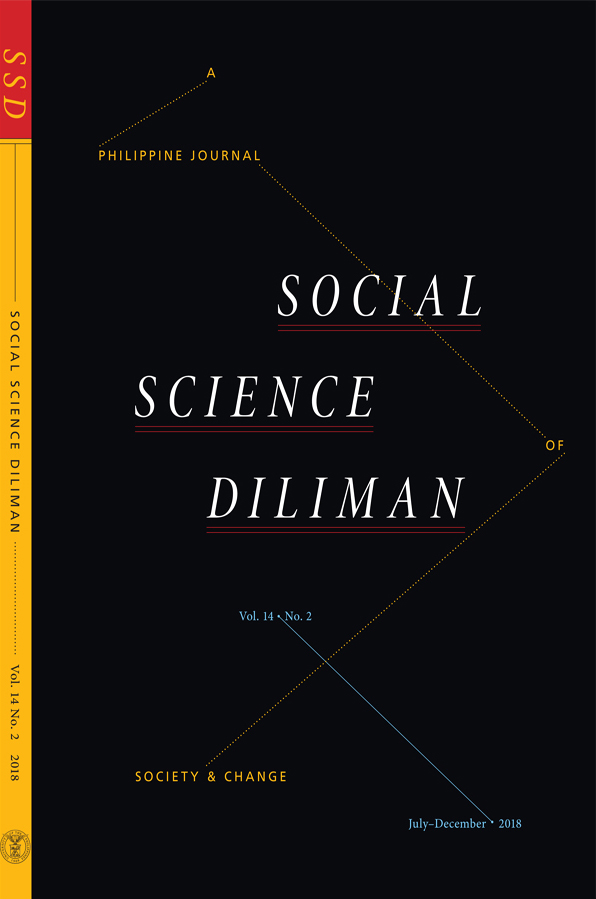Malaria and Japan's colonial frontier: Manchuria, 1900s-1940s
Abstract
This article examines the malaria problem among Chinese migrant laborers in Manchuria, particularly laborers on the South Manchuria Railway’s mining sites, the Fushun Mines, during the first half of the twentieth century. Almost all of the malaria cases in Manchuria were caused by the parasite Plasmodium vivax, which rarely causes death but leads to debilitation and makes sufferers susceptible to other illnesses. Malaria epidemics in Manchuria during this period were the result of Japan’s economic and military exploitation. The expansion of malaria mosquito habitats caused by large-scale constructions and development of mines and massive immigration for these industries led to these epidemics. Most of the malaria victims were Chinese laborers who worked for Japanese businesses and no less than two-thirds of these patients were reportedly from Fushun, where the Fushun Mines were located. The living and working conditions of the laborers made them vulnerable to various diseases, including malaria. As Japanese employers concentrated on the human-centered approach to malaria control general sanitary reforms were often ignored. After the promulgation of the Five-Year Industrial Development Plan of Manchukuo and the outbreak of the Second-Sino Japanese War, Japanese authorities’ attitude to malaria among Chinese laborers changed dramatically. A steady supply of labor was essential to enable the production of more coal for the war-efforts as the Fushun Mines were designated a key industry for Japan’s national defense. To achieve this manpower efficiency was crucial but malaria epidemics decreased the productivity of labor. As the coal shortage was considered a great obstacle for Japanese and Manchukuo industries, as well as for the conduct of the war, the malaria problem among Chinese laborers could no longer be ignored.
KEYWORDS: malaria, Japanese empire, Manchuria, Fushun Mines, Chinese migrant laborers


